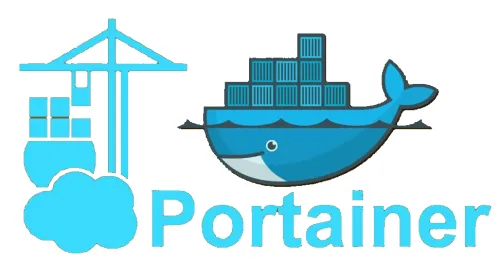Introduction
Small and medium-sized businesses (SMBs) face unique challenges when it comes to digital security. With the rise in cyber threats, it’s crucial for SMBs to implement solutions tailored to their specific needs and budgets. Digital security for SMBs involves more than just protecting sensitive data; it also requires identifying vulnerabilities, implementing robust security measures, and educating staff on best practices. By doing so, SMBs can safeguard their networks against potential breaches and ensure business continuity.
Understanding the Risks
SMBs need to be aware of the risks associated with digital security. Cyberattacks, data breaches, and malware infections are just a few of the potential threats. The consequences extend beyond financial losses to include damage to reputation, loss of customer trust, and potential legal repercussions. Tailored security solutions, such as strong passwords, updated software, security audits, and employee training, can help SMBs mitigate these risks. To stay ahead of cybercriminals, SMBs should adopt a proactive approach, regularly assess their security posture, and consider partnering with managed service providers specializing in digital security.
Basic Security Measures
SMBs cannot afford to overlook basic security measures, which serve as the foundation for protecting sensitive data and thwarting cyber threats. These measures include strong passwords, regular software updates, employee training, and data backups. Monitoring network traffic and employing firewalls are also essential steps for securing your digital assets.
Advanced Security Solutions
Advanced security solutions are designed to offer SMBs enhanced protection against cyber threats. These solutions can include firewalls, antivirus software, and data encryption. Other measures like Intrusion Detection Systems, Multi-Factor Authentication, and security audits can further bolster an SMB’s digital security. It’s crucial for SMBs to invest in advanced solutions that meet their specific needs.
Tailoring Solutions to SMBs
Customizing digital security solutions for SMBs involves selecting measures that meet their unique needs and constraints. A recent study found that 70% of cyberattacks target small businesses, underscoring the importance of tailored digital security solutions. Employee training is also a critical component of a comprehensive security strategy.
Employee Training and Awareness
Employees are integral to any business, large or small. Therefore, SMBs must prioritize employee training and awareness in digital security. Regular training sessions, simulated phishing attacks, and fostering a culture of security are effective ways to equip staff with the skills needed to identify and respond to threats.
Compliance and Regulations
Compliance with regulations is crucial for SMBs. Depending on the industry, SMBs may need to adhere to various data privacy laws and security standards. Regular training sessions on data protection practices are essential for maintaining compliance.
Case Studies
Case studies offer valuable insights into how different businesses address digital security challenges. These real-life examples highlight the importance of understanding risks and implementing relevant measures to protect against cyber threats.
Future Trends in SMB Security
As the digital landscape evolves, so do the security needs of SMBs. Future trends include cloud security, IoT security, AI-based threat detection, and ongoing employee training. SMBs must stay current with these trends to effectively protect their digital assets.
Conclusion
SMBs require tailored digital security solutions to protect sensitive data, prevent cyberattacks, and ensure smooth operations. While SMBs often operate on limited cybersecurity budgets, cost-effective solutions like firewalls, secure email gateways, and antivirus software are available. Employee education and regular data backups are also essential for business continuity.
Additional Resources
SMBs need to stay vigilant about digital security. Multi-factor authentication, employee training, and data backups are core components of a robust security framework. For additional protection, SMBs can explore automation tools or hire a Managed Security Service Provider (MSSP) to supplement their in-house IT capabilities.




